by Christian Mancier
One of the key topics that dominate any conversation about family businesses is succession. I’m often asked as an advisor what does succession usually look like in a family business?
The simple answer is that there is no such thing as a “one size fits all” succession plan.
For family businesses where family members from the next generation are already working in the business, this will be a relatively straightforward exercise. For other family businesses where there are multiple potential family members to pass the business on to (usually those a few generations in with a much wider family base), handing over the reins can be fraught with difficulty and be anything but straightforward.
In some cases, logical family candidates may not exist within the business, giving you the opposite problem.
In this blog, I want to look at some of the alternatives to the traditional “pass it on to the next generation” route of succession. We’ll explore the pros and cons of each option, giving you food for thought on how to plan for your family business’s future.
Splitting ownership and management of the family business
For some family businesses, there may well be a next generation. However, that next generation may all have careers of their own and may not want to work in the family business itself. In this situation, it may be possible to split “ownership” of the business from the “management” of it. This would see the next generation take ownership of the business (e.g. by acquiring the shares from their parents) with a management team put in place to manage and run the business from a day-to-day perspective.
The key challenge with this particular route is making sure the correct management team are put in place. This needs to be a management team who understands not just the ownership structure, but also the family values and long-term plan for the business. Above all else, the management team must be willing to work in the best interests of the family members who own the shares in the business.
A structured set of rules and governance allowing open communication between the parties and realistic expectations of one another is essential to protect both the family owners and the management team.
Sell the family business
For many, being an owner of a family business is more akin to being a temporary custodian. More specifically, owners look after it so when it is handed to the next generation, the business is hopefully in a better position than when the current generation took over. However, sometimes there’s simply not a next generation to take the business forward and at this point, some form of sale may be an option.
Sales can take many forms, including a management buy-out (known as an MBO) which is where one or two members of the key management come together to buy the business from the family. These types of transactions tend to be more friendly, less adversarial, and typically go down well with employees who already know the new owners. Usually, the family selling up will be willing to accept payment for the value of the business over a period of time, meaning the business doesn’t need to leverage its assets to raise debt and can often fund the purchase of the business from its own cash flow.
At the other end of the scale, the sale could be to a trade purchaser (usually a competitor) or some form of private-equity-backed purchaser. Often these transactions may involve the sellers staying on for a period of time to transition the business. Sellers often find this difficult because of the complete change in mindset that’s entailed in moving from a business owner to a mere employee answerable to someone else.
These transactions tend to be slightly more complex, potentially more adversarial as matters progress and incredibly time-consuming for the sellers. The drawn-out nature of these transactions is often to the detriment of the business over many months. mainly because the owner’s focus is elsewhere and not on the business. Also, these types of transactions can go down less well with employees who may be resistant to change or worried about their roles as the business integrates with the buyer and its group of companies.
Employee ownership
This is the route akin to what is commonly called “the John Lewis Model”, where all the employees of the business effectively share in the ownership of it. This was introduced by legislation in 2014 and it is increasingly common to see businesses moving toward this model. The key advantages are that business owners can receive full value for the business, the transaction can be concluded quicker and easier than a traditional third-party/trade sale transaction and it’s popular with employees. Additionally, an awful lot of the family business values and behaviours continue under employee ownership.
Under the employee ownership model, there are some fairly unusual, but very beneficial, tax advantages from the government. If structured correctly, the sellers can get a 100% exemption on any capital gains tax that they would traditionally pay on the disposal of the business. Usually, they would be paying between 10% and 20% of the sale value in capital gains tax under a trade sale scenario. In addition, the business will be able to pay annual tax-free bonuses up to a certain amount (circa £3,600) to employees each year.
Summary
The above is by no means a definitive list of all alternatives to the traditional “next generation” succession model. However, it covers the most common routes family businesses turn to when there is no logical succession. Each route has its advantages and disadvantages that need careful consideration.
Advice from professional advisors such as accountants and solicitors is vital when it comes to considering succession, whether that be the traditional next-generation route or one of the alternatives outlined above. Here at Gorvins Solicitors, we have a dedicated family business team who are used to discussing the various options open to family businesses of all shapes, sizes and locations.
For more information on the dedicated Gorvins Family Business Team, please don’t hesitate to contact Christian Mancier, Corporate and Commercial Partner and Head of the Gorvins Family Business Team on 0161 930 5185 or via christian.mancier@gorvins.com





 Login
Login
